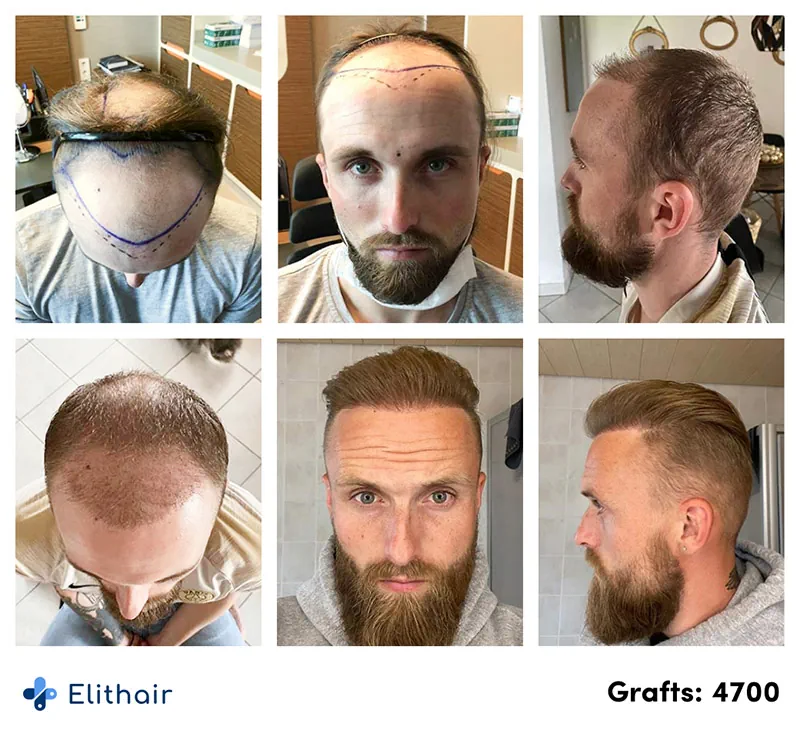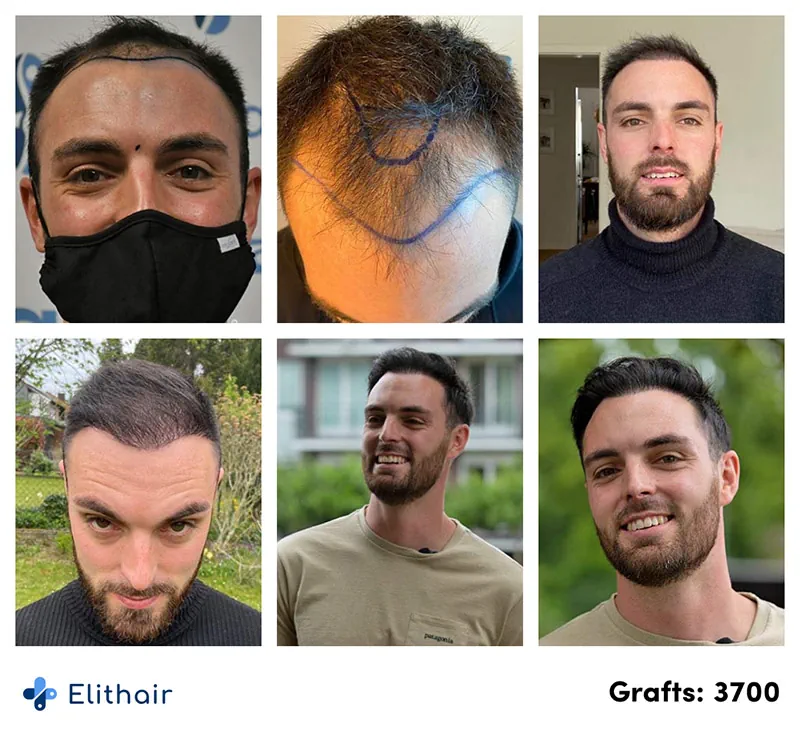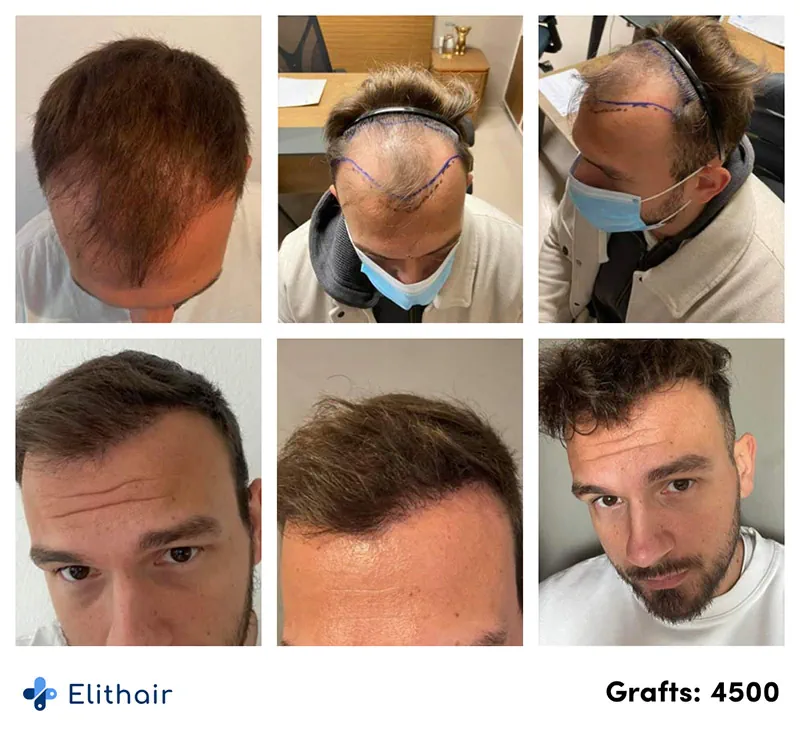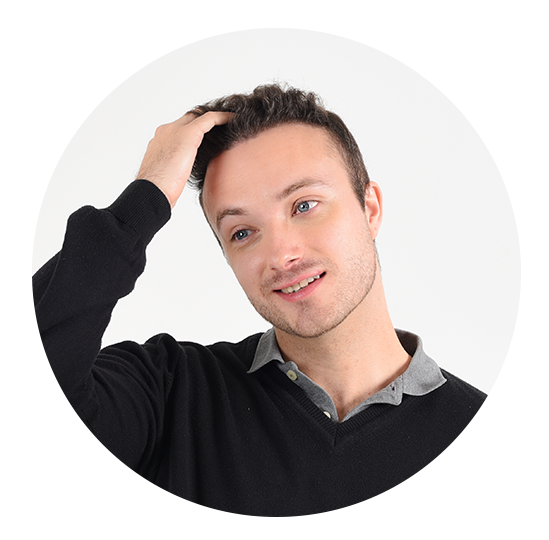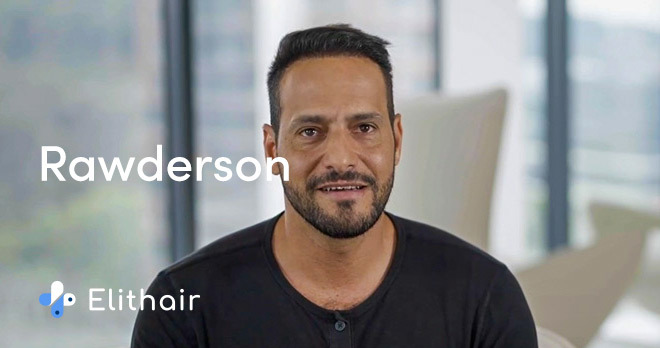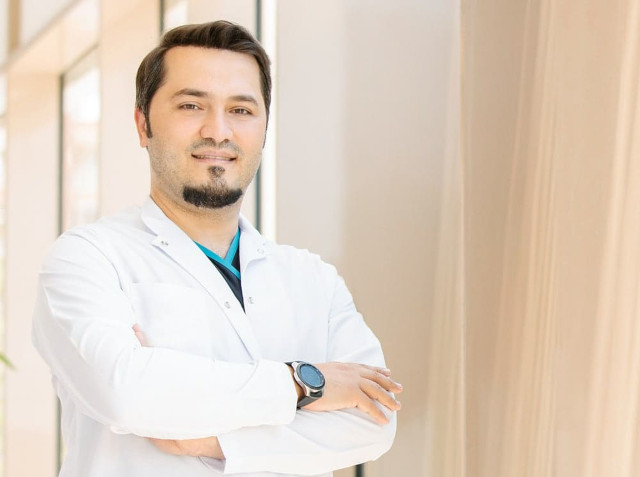


Experience the Best Hair Transplant in Turkey With Elithair
Dr Balwi and his medical team are on hand to welcome you to Istanbul in order to help you regain your lost hair!
- Biggest hair loss clinic in the world
- 0% pain with Sleep-Deep method
- Exclusive NEOFUE® preparation
- 7,800+ positive ratings
- 99% Recommendation rate
Why Get a Hair Transplant in Istanbul, Turkey?


Are you suffering from hereditary hair loss, a receding hairline or insufficient beard growth? Then a hair surgery in Istanbul is your solution to permanently resolve those baldness issues.
In most cases, genetics cause hair loss, so it is treatable. At Elithair, skilled specialists will care for you during your hair transplant in Turkey, using advanced techniques like the DHI method.
The Bosphorus country is the top choice for professional hair treatments, known for its expertise and high quality standards.
Free Hair AnalysisFinally a Permanent Solution for Your Hair Loss!
Dr Balwi and his team are here to help you find a solution. With the right treatment, your hair loss can be successfully eliminated.
Whether it’s the hair on your head or your face – we always have the perfect method and the best techniques for you.
Dr Balwi
Meet Our Lead Doctor at Elithair

To provide the highest quality and flawless final results – those are Dr. Balwi’s goals as the leading doctor of our clinic in Istanbul.
Having himself suffered from hair loss, he is able to perfectly understand our patient’s needs. He is also renowned for innovations like the NEO FUE and the SDHI Technique that are exclusive to Elithair.
Thanks to his many years of experience, he is proud to provide renewed hair growth and improved confidence to our patients.
Secure a Successful Hair Surgery in 3 Steps
Get a comprehensive analysis of your current hair loss. Completely free of charge and without obligation.
We will clarify all your questions regarding hair transplantation in Turkey in a non-binding telephone interview.
Thanks to your personal all-inclusive offer, you don’t have to worry about anything and can relax and enjoy your trip.
Your Hair Restoration Journey in Turkey
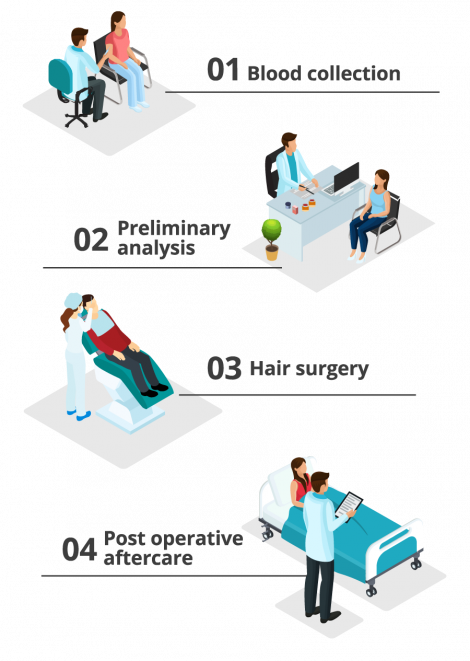
We have already planned everything for your treatment in Istanbul. Benefit from a perfectly optimised hair transplant procedure in Turkey.
We arrange everything for you! From accommodation in luxury Elit-Hotel rooms inside the clinic to the personal preliminary examination by our doctors.
All our support in Istanbul is provided by our English-speaking employees. You’ll be back home within 72 hours.
How Much Will My Hair Transplant Cost?
Our medical teams can provide surgery at a lower cost and higher quality compared to the UK. This is possible because of state subsidies and a lower cost of living.
Two factors determine the price of your hair restoration in Turkey. The required number of grafts from your donor area and the appropriate hair transplant technique.
Don’t hesitate and get a free consultation and non-binding offer from your expert.
Calculate My OfferWhy Choose Elithair?
Elithair is the top choice for hair transplants in Istanbul due to great all-inclusive package prices and excellent results.
You’ll get unique benefits from Dr. Balwi and his team, in addition to their expertise.
| Advantages with Elithair | Elithair | Others |
|---|---|---|
| • Hotel + Transfer | ||
| • 1 Free PRP | ||
| • Blood test on site | ||
| • Care Products | ||
| • Largest hair clinic in the world | ||
| • 68 Elit-Hotel rooms in the clinic | ||
| • Sleep-Deep Method: 0% pain | ||
| • Pre-Test System | ||
| • Exclusive NEOFUE® Technique | ||
| • Biggest DHI team in the world | ||
| • Exclusive Elit Skala hair loss scale |
Testimonials From Our Patients
NEO FUE
Benefit From Elithair’s Innovation!
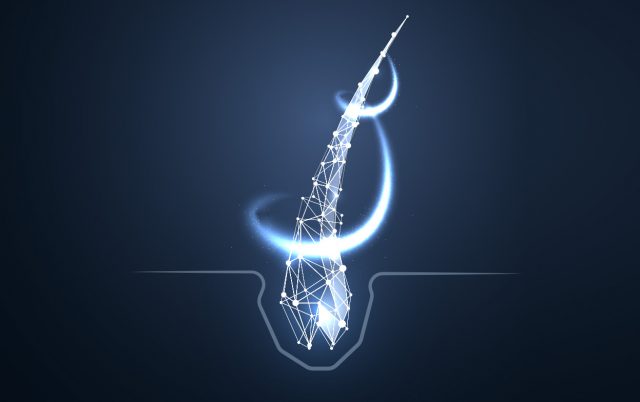
Created by Dr. Balwi, the NEO FUE technique is a groundbreaking innovation in the field of graft removal. The unique formula has high-quality serum that gives your hair grafts the optimal nutrients they need before the transplant.
As a patient, you will receive our NEO FUE package before your treatment at our hair transplant clinic in Turkey. It provides many advantages:
- Higher growth rate of up to 98%
- Stronger hair follicles
- Faster healing phase
FAQ
Why Should I Get a Hair Transplant in Istanbul, Turkey?
People consider Turkey, especially Istanbul, as the European centre for hair surgery. Here you will find the best and most renowned hair transplant surgeons for your procedure.
At Elithair, we have the knowledge from 100,000 successful treatments, 15 years of experience, and use the latest techniques.
What is So Special About Elithair?
As Europe’s No.1 for hair transplants, we have the largest hair clinic in the world. With 13 floors and a total area of over 18,000 m², you are in the best hands with our specialists.
Dr. Balwi, our senior doctor, and his team utilise the latest methods and have developed exclusive techniques for our patients.
Our innovative NEO FUE method can achieve an increased growth rate of up to 98% for your grafts.
Will I Experience Pain During the Treatment?
Elithair has recently developed an exclusive method that guarantees 0% pain during your treatment.
This is: the Sleep-Deep method.
With the Sleep-Deep method, an anaesthetic is administered to the patient intravenously, which puts him or her into a deep sleep for 15 minutes. During this time, the local anaesthesia takes place. Thus, Elithair guarantees 0% pain during the treatment.
Hundreds of patients have already confirmed this.
What is Included in My Procedure?
As the market leader, it goes without saying that we devote all our attention to you during your hair transplant in Istanbul. For this reason, the following services are always included for you:
- Largest hair clinic in the world
- Exclusive NEO FUE Set
- Elithair Pre-Test System
- Sleep-Deep method: 0% pain
- 30 year guarantee
- Luxury hotel / Elit Hotel optional
- English-speaking staff on site
- Free PRP treatment
- Medication & care products
Is a Hair Transplant in Istanbul Dangerous?
No. Due to our extensive experience and established procedures, we can assure you that there are minimal risks. Our minimally invasive procedures are performed by absolute specialists, so that we can offer you the best hair transplant experience in Turkey.
At Elithair, we attach great importance to effective hygiene and safety measures for all our patients. Risks cannot be completely ruled out, but they rarely occur with us. As a patient, you enjoy all the benefits of our hair clinic in Istanbul.
